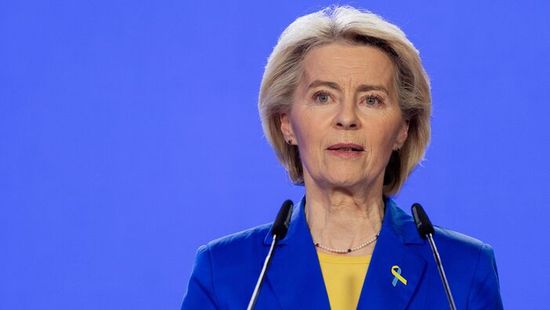Orbán móresre tanította Von der Leyent: megmutatta neki, mire képesek a magyarok (VIDEÓ)

„A szuvereintás jobb üzlet” – jelentette ki a Nézőpont Intézet vezetője.

Western military action against Gaddafi risks spreading the conflict and undermining the democratic movement.
„Libya has a compelling history of foreign occupation and resistance. Up to a third of the population are estimated to have died under Italian colonial rule. Those calling for western military action in Libya seem brazenly untroubled by the fact that throughout the Arab world, foreign intervention, occupation and support for dictatorship is regarded as central to the problems of the region. Inextricably tied up with the demand for democratic freedoms is a profound desire for independence and self-determination.
That is clear in reaction on the ground in Libya to the threat of outside intervention. As one of the rebel military leaders in Benghazi, General Ahmad Gatroni, said this week, the US should take care of its own people, we can look after ourselves. No-fly zones, backed by some other opposition figures, would involve a military attack on Libya's air defences and, judging from the Iraqi experience, be highly unlikely to halt regime helicopter or ground operations. They would risk expanding military conflict and strengthening Gaddafi's hand by allowing the regime to burnish its anti-imperialist credentials. Military intervention wouldn't just be a threat to Libya and its people, but to the ownership of what has been until now an entirely organic, homegrown democratic movement across the region.
The embattled US-backed Yemeni president Ali Abdallah Saleh claimed on Tuesday that the region-wide protest movement was managed by Tel Aviv and under the supervision of Washington. That is easily dismissed as a hallucinogenic fantasy now. It would seem less so if the US and Britain were arming the Libyan opposition. The Arab revolution will be made by Arabs, or it won't be a revolution at all.”